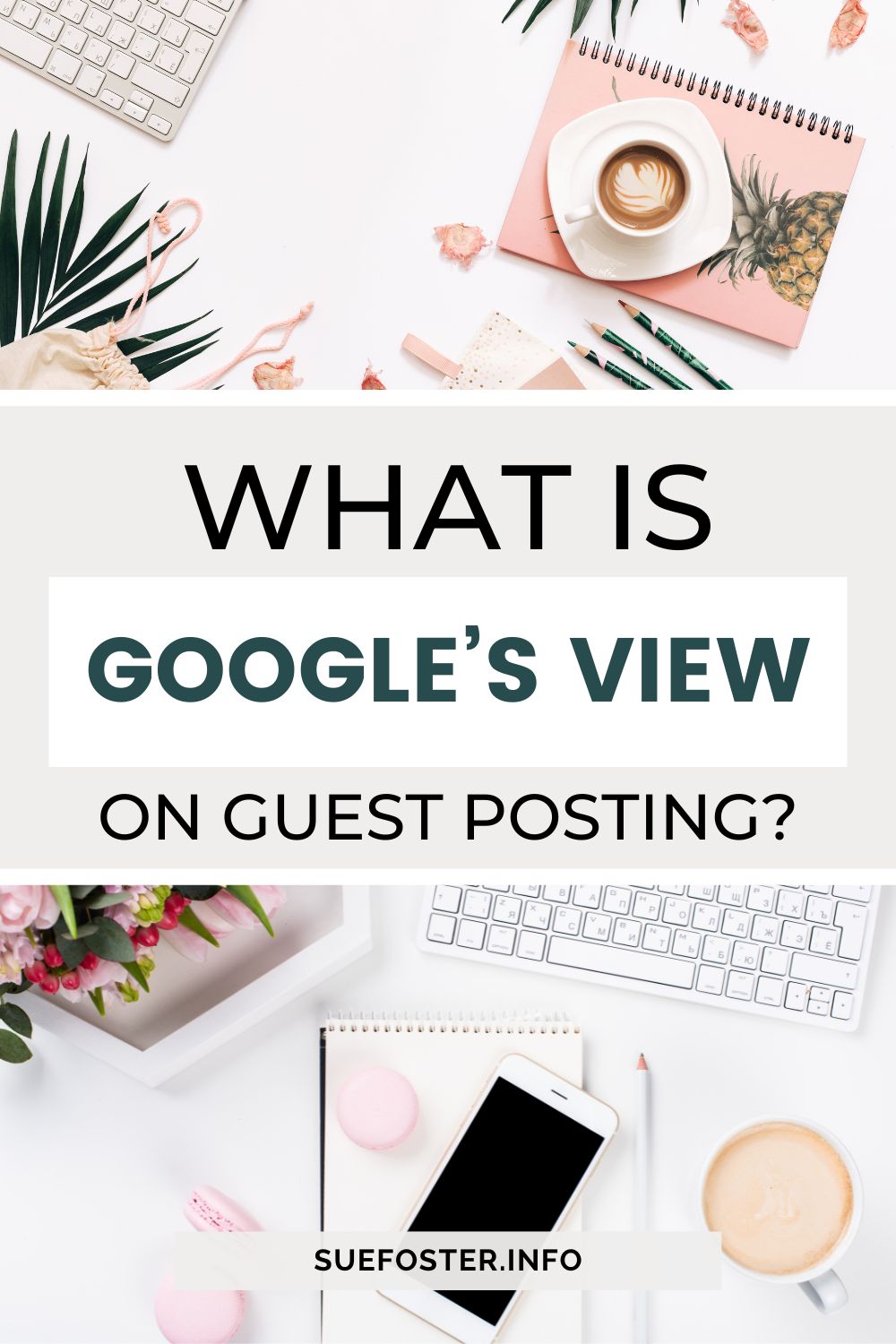“Guest posts: Build bridges, not shortcuts. Focus on value, not just dofollow links, and watch your audience and SEO grow together.”
Google is okay with guest posting as long as the main focus isn’t manipulating search rankings. Here’s a breakdown of their perspective:
- Valuable Content is Key: Google encourages guest posts that inform users, educate readers, and provide genuine value. They want to see high-quality content that benefits the audience.
- Links Not a Priority: Guest posts aimed at getting backlinks to boost SEO are frowned upon. Google considers these unnatural links and may devalue them.
- Transparency is Essential: If there’s a commercial relationship behind the guest post, it should be marked with “rel=sponsored” or “rel=nofollow” attributes to indicate it doesn’t influence search ranking.
In short, Google sees guest posting as a way to share knowledge and reach new audiences, but not a shortcut to ranking higher in search results.

Does Google Penalise Guest Posts?
Google’s approach to guest posts has shifted from penalties to devaluation. Here’s the breakdown:
- Penalties Less Likely: In the past, Google might have penalised websites that excessively used guest posting for manipulative link-building. Now, they’re less likely to issue harsh penalties.
- Devalued Links: Google’s algorithms are adept at identifying guest post links and may choose not to consider them for ranking purposes. These links essentially lose their SEO value.
- Focus on Quality: The key takeaway is to prioritise high-quality guest posts that offer genuine value to readers. This builds trust and establishes your expertise, even without direct SEO benefits from links.
So, while Google doesn’t necessarily penalise guest posts, they might not be as effective an SEO tactic as they once were.
I Get Emails from People Wanting Dofollow Links
Understanding Dofollow Links:
- Importance: Dofollow links are valuable for SEO because they pass on “link juice” to the linked website, potentially improving its search ranking.
- Search Engine View: While Google doesn’t penalise dofollow links, they prioritise natural linking practices. Link exchanges purely for SEO benefit might be disregarded.
Evaluating Requests:
- Content Quality: Consider the quality of the content being offered in the guest post. Does it align with your website’s theme and provide value to your readers?
- Website Reputation: Research the website requesting the link. Are they reputable and relevant to your niche? A low-quality backlink can hurt your SEO.
- Transparency: If you agree to a dofollow link, ensure it’s marked as “sponsored” or “nofollow” to be transparent with Google.
Alternatives to Dofollow Links:
- Nofollow Links: You can offer nofollow links, which don’t pass link juice but can still drive referral traffic.
- Author Bio Link: Provide a link to the author’s website in their bio, but not within the post itself.
Responding to Requests:
- Set Guidelines: Develop clear guidelines for guest posting on your website. This can include your policy on dofollow links and content quality expectations.
- Polite Communication: If you decline a request, do so politely and explain your reasons. You can offer alternative linking options if appropriate.
Remember: Building a strong backlink profile comes from natural linking practices and creating high-quality content that others find valuable. Focus on attracting genuine links and prioritise the user experience on your website.



